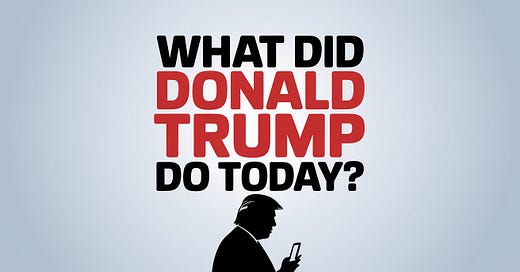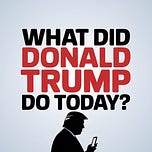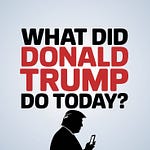Donald Trump has used a series of high-profile events, social media posts, and executive actions to advance a vision of governance driven more by political spectacle than policy coherence. His announcement of new retaliatory tariffs against China—delivered via Truth Social—was steeped in combative language and dramatized rhetoric, portraying trade as a battlefield of good versus evil. The threat of a 50% tariff increase, absent details or economic rationale, exemplifies Trump's tendency to use trade policy as a political weapon rather than a strategic tool. This theme continued during his chaotic bilateral meeting with Israeli Prime Minister Benjamin Netanyahu, where diplomatic norms gave way to personal boasting, contradictions, and controversial remarks—including a neo-colonial proposal for Gaza that alarmed international observers.
At a celebratory White House event for the Los Angeles Dodgers, Trump again blurred the line between governance and campaign performance, overshadowing the team’s achievements with off-topic rants and partisan jabs. Meanwhile, his memorandum directing a fresh review of Nippon Steel’s attempted acquisition of U.S. Steel undercuts his own nationalist rhetoric, raising questions about whether his administration’s “America First” policy is being selectively applied for political convenience. On immigration, the administration is resisting a federal court’s order to return a wrongly deported man while seeking to expand its use of the 18th-century Alien Enemies Act to deport Venezuelan migrants en masse—moves that have intensified legal battles over executive overreach.
Trump's abrupt termination of U.S. funding for the World Food Program and other humanitarian contracts has triggered a humanitarian fallout, undermining global aid operations and exposing vulnerable populations to heightened risk. Simultaneously, the firing of senior military officials—including America’s top NATO representative—signals an ongoing purge within the national security establishment, potentially reshaping military leadership based on ideological loyalty rather than competence. Taken together, these actions reflect a presidency increasingly defined by grievance, theatrical displays of power, and a deep disregard for institutional stability, global alliances, and policy nuance.













Share this post